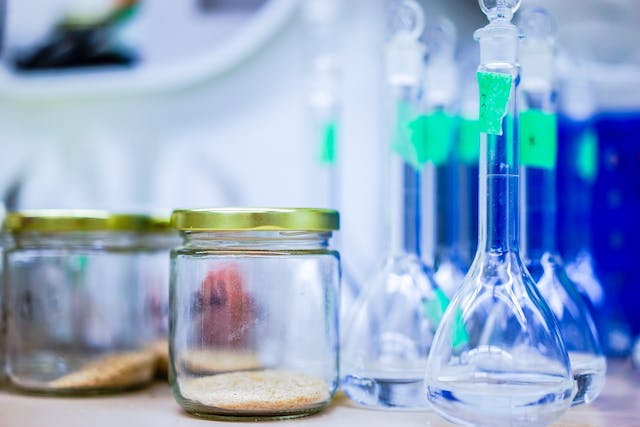In the ever-evolving landscape of healthcare, technology continues to play a pivotal role. Not least in the realm of medical laboratories. These nerve centers of diagnostics are experiencing a technological renaissance that is transforming how tests are conducted, results are processed, and diagnoses are made. With innovations ranging from automation to artificial intelligence, the impact of technology on medical labs is profound. This is shaping the future of healthcare in ways that promise greater efficiency and accuracy.
Automation: Speeding Processes and Reducing Errors
One of the most significant changes in medical laboratories is the increasing use of automation. Manual procedures that were once time-consuming and prone to human error are now being overtaken by machines with unerring precision. High-throughput analyzers can process hundreds of samples an hour, a pace unimaginable a few decades ago. Automation not only accelerates the testing process but also minimizes the risk of contamination and error, leading to more reliable results.
Precision Diagnostics: The Rise of Molecular Techniques
Technology has also paved the way for the adoption of molecular diagnostic techniques. Technologies like PCR (polymerase chain reaction) and next-generation sequencing are now standard tools in the medical laboratory. They allow for the precise identification of pathogens, genetic mutations, and other markers critical for diagnosis and personalized medicine. This precision ensures that patients receive treatments tailored to their unique genetic makeup, increasing the likelihood of successful outcomes.
Artificial Intelligence and Machine Learning
Artificial Intelligence (AI) and Machine Learning (ML) are not just buzzwords; they are revolutionizing how medical data is interpreted. AI algorithms can analyze complex test results, identifying patterns and anomalies that might elude even the most experienced professionals. In histopathology, for instance, AI can assist in detecting cancerous cells in tissue samples, enhancing the pathologist’s ability to diagnose accurately and efficiently.
Laboratory Information Systems: The Digital Backbone
Central to the transformation of medical labs is the integration of Laboratory Information Systems (LIS). These sophisticated platforms manage the multitude of tasks associated with medical testing: from order entry to result delivery. LIS serves as the digital backbone of the modern lab, enabling the seamless flow of information across systems and stakeholders. By effectively managing data, LIS software ensures that clinicians have timely access to lab results, facilitating quicker decision-making and improved patient care.
Wearable Technology and Remote Testing
The walls of the medical laboratory are being extended by wearable technology and at-home testing kits. These innovations allow for continuous monitoring and collection of health data outside the traditional lab environment. Patients with chronic conditions, such as diabetes, can now use wearable devices to monitor their blood glucose levels in real-time, sending data directly to their medical providers. This not only empowers patients to manage their health proactively but also allows labs to collect data over time, providing a more comprehensive view of a patient’s health.
Cloud Computing and Big Data
Cloud computing is another cornerstone of the modern medical lab. With the power of the cloud, vast amounts of data can be stored and analyzed more efficiently than ever before. This capability is essential for the era of ‘big data’ in healthcare, where the insights gleaned from massive datasets can lead to better diagnostic tools and treatment options. Moreover, the cloud facilitates collaboration among different institutions, enabling researchers to share information and work together on complex problems.
Cybersecurity: Protecting Sensitive Data
With the increasing digitization of medical lab data comes the need for robust cybersecurity measures. Patient data is sensitive and a prime target for cyberattacks. Medical laboratories must implement stringent security protocols to protect this information from breaches. The integrity of medical data is not just a matter of privacy but also a critical component of patient trust and safety.
Embracing a Future of Technological Synergy
The impact of technology on medical laboratories is undeniably transformative. From automation to AI, and from LIS to cloud computing, these advancements are creating a more efficient, accurate, and personalized approach to healthcare. As medical labs continue to embrace these technologies, they will remain at the forefront of the healthcare industry, leading the charge in the quest for better patient outcomes.
In conclusion, the digital pulse of medical labs is strong and quickening, driven by technological innovation. As we continue to integrate these tools into the healthcare fabric, we move closer to a world where diagnoses are swift, treatments are precise, and the boundary between patient and provider is enriched by continuous data-driven insights. The future of medicine is here, and it is unequivocally intertwined with the progress of technology.
